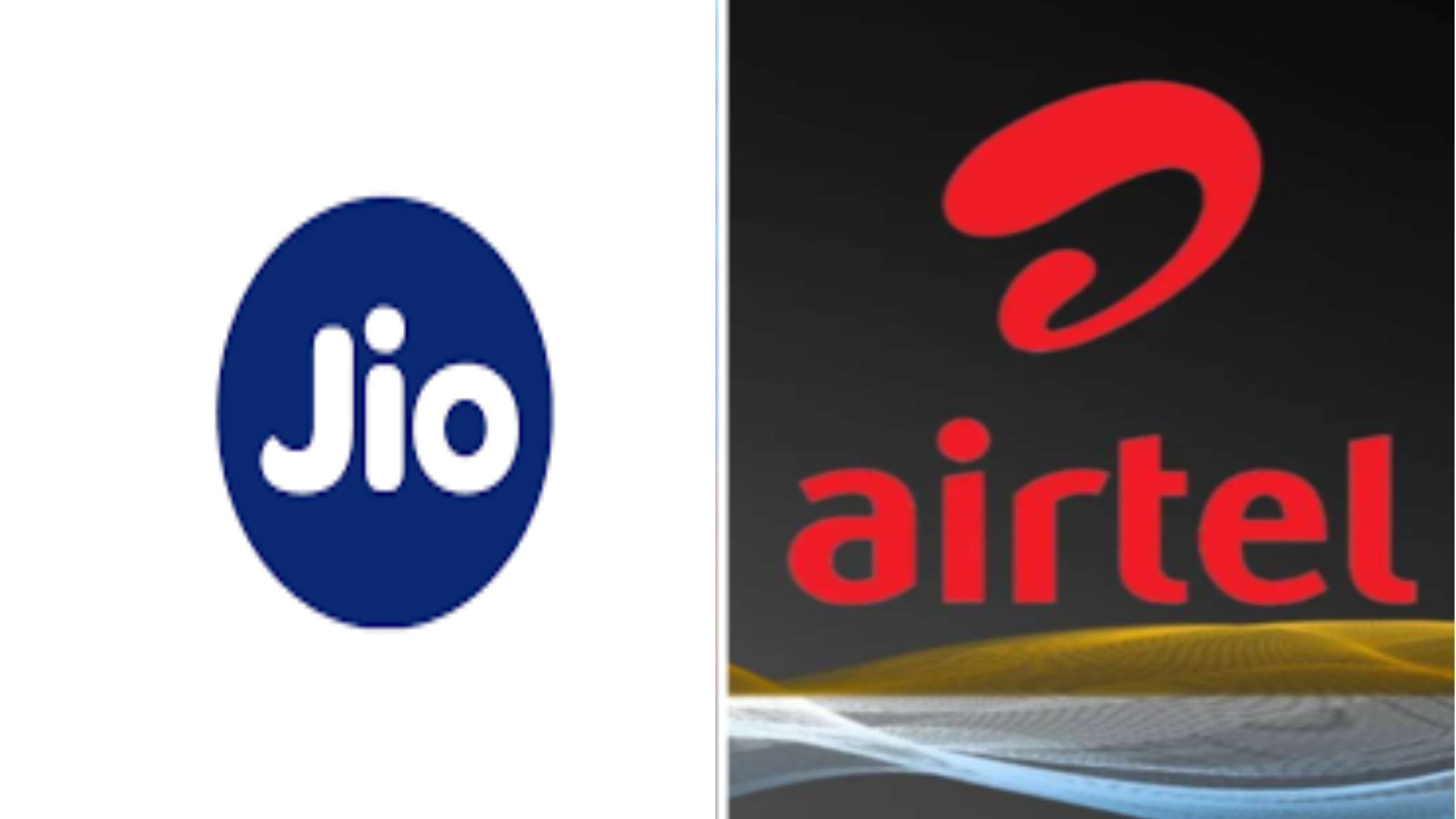Jio and Airtel, two major telecom giants in India, are often in fierce competition, whether it’s about plans or network quality. Users of 5G internet may face a setback soon, as both Jio and Airtel are reportedly planning to end their unlimited 5G data plans in a few months, around 2024. Alongside this change, plan prices could see an increase of up to 5-10%.
According to a recent report, the companies are strategically focusing on boosting revenue growth through the assistance of 4G tariff plans. Jio and Airtel ventured into the 5G service in October 2022, offering users access to the 5G network as part of their existing 4G internet plans. However, the era of unlimited 5G offers is about to come to an end, as both companies are contemplating changes in their 5G service plans.
Both companies have been actively working on 5G development in India, where they collectively cater to more than 125 million users. The user base for 5G is expected to surpass 200 million in 2024. Reports suggest that Jio and Airtel might increase their 5G plan prices by 5-10%, and additional options providing 30-40% extra data could be introduced to gain a larger market share.
Two years ago, there was a surge in prices, and the report suggests that there might be a further 20% increase in mobile tariffs by September 2024. This adjustment aims to enhance Return on Capital Employed (RoCE) for the companies. In November 2021, Jio, Airtel, and Vodafone increased their tariff plan prices by 19-25%, but there haven’t been any changes since then. Now, it seems another round of modifications is on the horizon.
Both Jio and Airtel have been actively working on 5G technology in India, a country with a rapidly growing demand for advanced internet services. With over 125 million users combined, these companies are crucial players in the Indian telecom sector. The number of 5G users is expected to exceed 200 million in 2024, indicating the significance of a robust and competitive 5G market.
In their pursuit of expanding 5G services, Jio and Airtel initially integrated access to the 5G network into their existing 4G internet plans. This strategic move aimed to encourage users to experience the benefits of 5G without the need for separate plans initially. However, the landscape is set to change as both companies are contemplating modifications to their 5G service plans.
The anticipated adjustments include the termination of unlimited 5G data plans, signaling the end of an era for users enjoying unrestricted high-speed internet. This move aligns with the companies’ strategies to reconsider and potentially increase the prices of their 5G plans, with expectations of a 5-10% hike. Additionally, to enhance market share, both Jio and Airtel are considering the introduction of options that provide users with 30-40% additional data.
Reports suggest that the motivation behind these changes lies in the companies’ efforts to boost revenue growth through the successful implementation of 4G tariff plans. By leveraging existing 4G plans, telecom giants aim to smoothly transition users into the 5G era, ensuring a sustainable and profitable business model.
The report further indicates that by September 2024, mobile tariffs might see a substantial increase of 20%. This potential price surge is driven by the companies’ objectives to enhance Return on Capital Employed (RoCE). In November 2021, Jio, Airtel, and Vodafone previously increased their tariff plan prices by 19-25%, but no further modifications have been made since then. The imminent changes in 2024 signal a new phase in tariff adjustments, emphasizing the dynamic nature of the telecom market.
In conclusion, the telecom landscape in India is on the brink of significant changes as Jio and Airtel gear up to modify their 5G plans and potentially increase prices. The transition from unlimited 5G data plans to revised offerings with increased prices reflects the evolving strategies of these telecom giants in response to the growing demand for advanced internet services in the country. Users should stay tuned for official announcements from the companies as they navigate this transformative phase in the Indian telecom sector.

